AI SEO Agency: The Complete Guide to SEO, GEO & AEO
Ballistic Content Team

Marketing in the fintech space is uniquely challenging. You're not just selling a product—you’re translating complex financial concepts into content that’s informative, compliant, and conversion-driven. From APIs to investment platforms to lending models, fintech offerings require a depth of understanding that most generalist content teams can’t provide.
Unlike e-commerce or SaaS, fintech brands must craft messaging that educates without overwhelming, assures without boring, and differentiates without confusing. A specialized content agency brings the experience needed to distill these topics into accessible narratives that still retain accuracy and authority.

Fintechs operate in one of the most tightly regulated digital sectors. Whether you’re offering payment solutions, personal finance tools, or crypto services, you’re likely subject to frameworks like GDPR, CCPA, KYC, AML, or PSD2. That makes content marketing more than a creative challenge—it’s a legal and reputational one.
Specialized fintech content agencies understand where compliance meets communication. They know when to add disclaimers, how to represent financial risk accurately, and how to walk the fine line between persuasive and legally sound messaging. This saves fintechs from reputational risks, legal exposure, and costly content revisions down the line.
Technical accuracy is critical—but so is keeping your audience engaged. A strong fintech content strategy must balance expert-level insights with readability and emotional resonance. B2B buyers, retail investors, and first-time users all consume content differently, and fintech brands must adapt tone, structure, and depth accordingly.
A good fintech content agency knows how to speak to your ideal customer profile (ICP) at the right level—whether they’re CFOs comparing compliance platforms or Gen Z users looking for intuitive budgeting apps. This balance of clarity and complexity is what turns readers into users, and users into customers.
Unlike traditional content agencies, fintech-focused teams don’t just aim to “publish regularly.” Their starting point is usually a diagnostic phase, where they uncover the goals of your sales team, analyze existing funnels, and align content outputs to conversion metrics. This ensures that every blog, landing page, or whitepaper directly supports lead generation or revenue outcomes.
Agencies like Mint Studios emphasize bottom-of-the-funnel (BOFU) strategies from day one—prioritizing decision-stage content that shortens the sales cycle. Whether you're targeting CFOs, product managers, or retail users, the strategy is designed to meet them at their decision point, not just their awareness phase.
Fintech buyers don’t all consume content the same way. Some need detailed explainer blogs or regulatory guides, while others respond better to video walkthroughs, customer case studies, or shareable social content.
Specialized agencies produce a multi-format mix tailored to your buyer’s journey. That includes:
By covering multiple content types, fintech agencies ensure your message reaches your audience—no matter where they are in the funnel or how they prefer to consume information.
Fintech SEO isn’t just about volume—it’s about intent and precision. General SEO agencies might chase high-volume keywords like “best credit card,” but a fintech content partner will focus on transactional and long-tail queries that align with your niche and ICP, like “compare B2B cross-border payment platforms” or “FCA audit checklist for fintechs.”
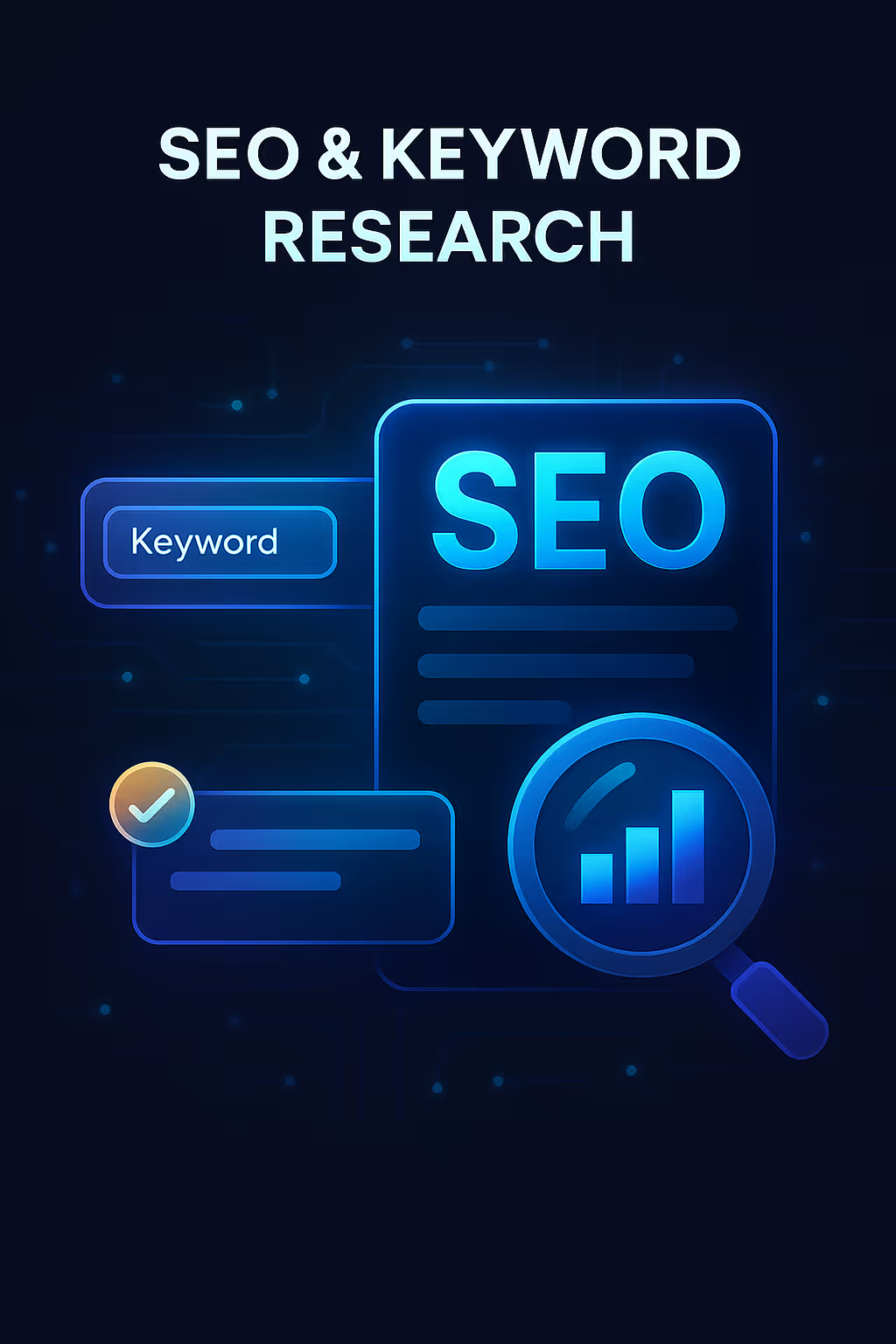
These agencies typically combine Google Ads performance data with SEO strategy to prioritize keywords that not only bring traffic but also lead to form fills, demo bookings, and trials. This blend of search engine optimization and commercial relevance ensures that content ranks for the right reasons—and converts when it does.
Top-of-the-funnel (TOFU) content may build awareness, but bottom-of-the-funnel (BOFU) content closes deals. Fintech content agencies excel at crafting comparison pages, integration explainers, pricing guides, onboarding walkthroughs, and objection-handling blogs that directly address conversion hurdles.
This content is often interview-driven—sourced from your product, sales, and support teams—to capture the questions real prospects are asking. It’s structured not for search alone, but to support sales enablement, email nurturing, and retargeting campaigns.
What sets fintech content agencies apart is their ability to collaborate across channels. Rather than treating content as a siloed deliverable, these agencies often work directly with:
This cross-functional integration leads to cohesive strategies where every asset—whether a blog or a landing page—is tied into your broader growth engine.
Most content agencies start with brand awareness and top-of-funnel (TOFU) content. Fintech-focused agencies flip that model. They begin with high-intent, bottom-of-funnel (BOFU) content designed to support demos, trial sign-ups, or pricing inquiries—so you see traction faster.
Because they understand the fintech buyer’s journey, they’re able to craft content that answers real sales objections and nudges qualified leads toward conversion. This is particularly valuable for growth-stage fintechs that need to prove ROI quickly without waiting months for SEO to compound.
Fintech offerings are often dense with features, APIs, and compliance nuances. Rather than relying on surface-level research, fintech content agencies interview your internal experts—from product managers and engineers to customer success and compliance leads.
This leads to:
By grounding content in real product knowledge, these agencies help you stand out from the sea of copycat blogs and AI-generated fluff.
Traffic means little if you can’t trace it to results. The best fintech content agencies build clear attribution systems using platforms like HubSpot, Google Analytics, and Search Console. They go beyond vanity metrics and track:
They also help manage database hygiene and performance tracking, ensuring your marketing data remains structured, up-to-date, and actionable. This makes it easier for your marketing team to justify content budgets, make data-backed decisions, and align content with business outcomes.
Scaling content across product lines, geographies, or audience segments is tough—especially when financial accuracy is non-negotiable. Fintech content agencies are built for this. They have:
This allows you to grow your content library while maintaining the clarity, authority, and trust your users expect from a financial brand.
From SEO frameworks and content calendars to internal training guides and conversion rate benchmarks, fintech agencies bring more than just deliverables—they bring systems.
You gain access to:
This shortens your ramp-up time, improves execution, and reduces the risk of missteps in a high-stakes industry.
Not all content is created equal—especially in fintech. A generalist agency might excel in e-commerce or lifestyle brands, but that doesn’t prepare them for the technical, regulatory, and strategic nuance of fintech content. If an agency has never worked with a fintech or financial services company, it’s a red flag.
Without prior fintech experience, agencies may:
A lack of domain knowledge slows down execution, burdens your internal team with excessive reviews, and increases the risk of publishing substandard or even misleading material.
Beware of agencies that pitch one-size-fits-all content packages. If they can’t articulate how content supports your sales cycle, compliance posture, or ICP, they’re not the right fit.
Red flags include:
Fintech audiences are too sophisticated—and your growth goals too specific—for generic content strategies to work. If the agency doesn’t push back or ask deeper questions during onboarding, that’s your cue to look elsewhere.
Great content doesn’t just read well—it performs. Yet many agencies can’t tell you how their work impacts leads, sales, or pipeline. If they don’t have a system for tracking performance, you’ll be left guessing whether your investment is actually paying off.
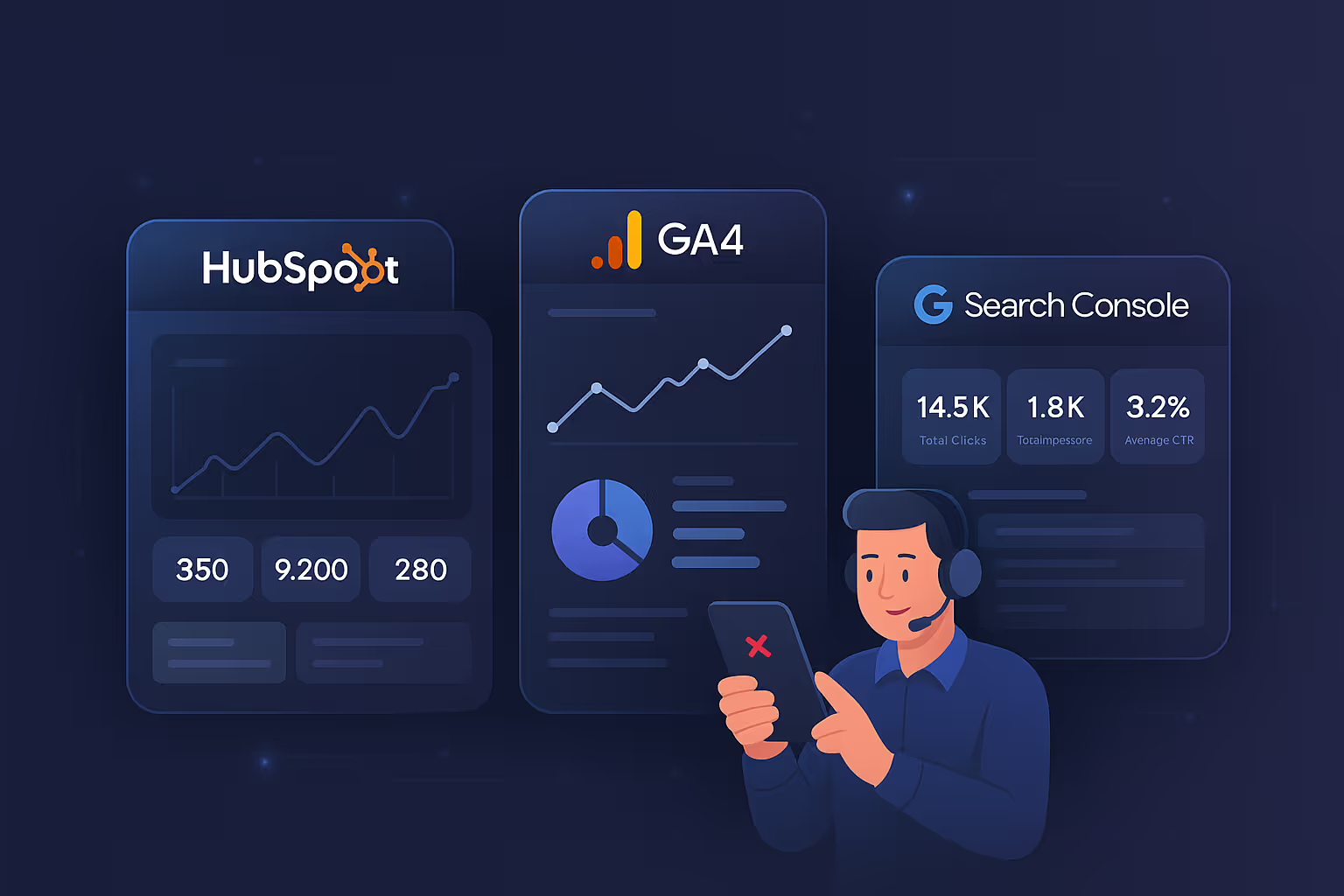
Red flags include:
If the agency can’t tie content to outcomes, you won’t be able to build a business case for content in the long run.
High-quality fintech content is research-intensive and requires collaboration across product, legal, and marketing teams. If an agency offers suspiciously fast turnaround times or charges below-market rates, chances are you’re getting rushed or templated output.
Watch out for:
In fintech, where trust and accuracy are everything, you get what you pay for. The true cost of cheap content is damaged credibility, regulatory risk, and lost conversions.
Beyond technical skills, a strong fintech content agency should feel like an extension of your in-house team. One of the first signs you’ve found the right partner is a shared mindset—around quality, transparency, and outcomes.
Agencies that align with your values will:
This cultural fit fosters smoother workflows, faster approvals, and better long-term results.
No one understands your product like your team does. The best fintech content partners tap into that expertise early, interviewing product managers, sales reps, compliance leads, and customer success to build content that reflects real use cases, objections, and differentiators.
Why it matters:
This approach produces high-trust, high-conversion content—and it helps your agency move faster with fewer revisions.
Look for agencies that operate with repeatable systems—not vague “content calendars.” They should map keywords to user intent, measure traffic and conversions, and constantly optimize for performance across the funnel.
Green flags include:
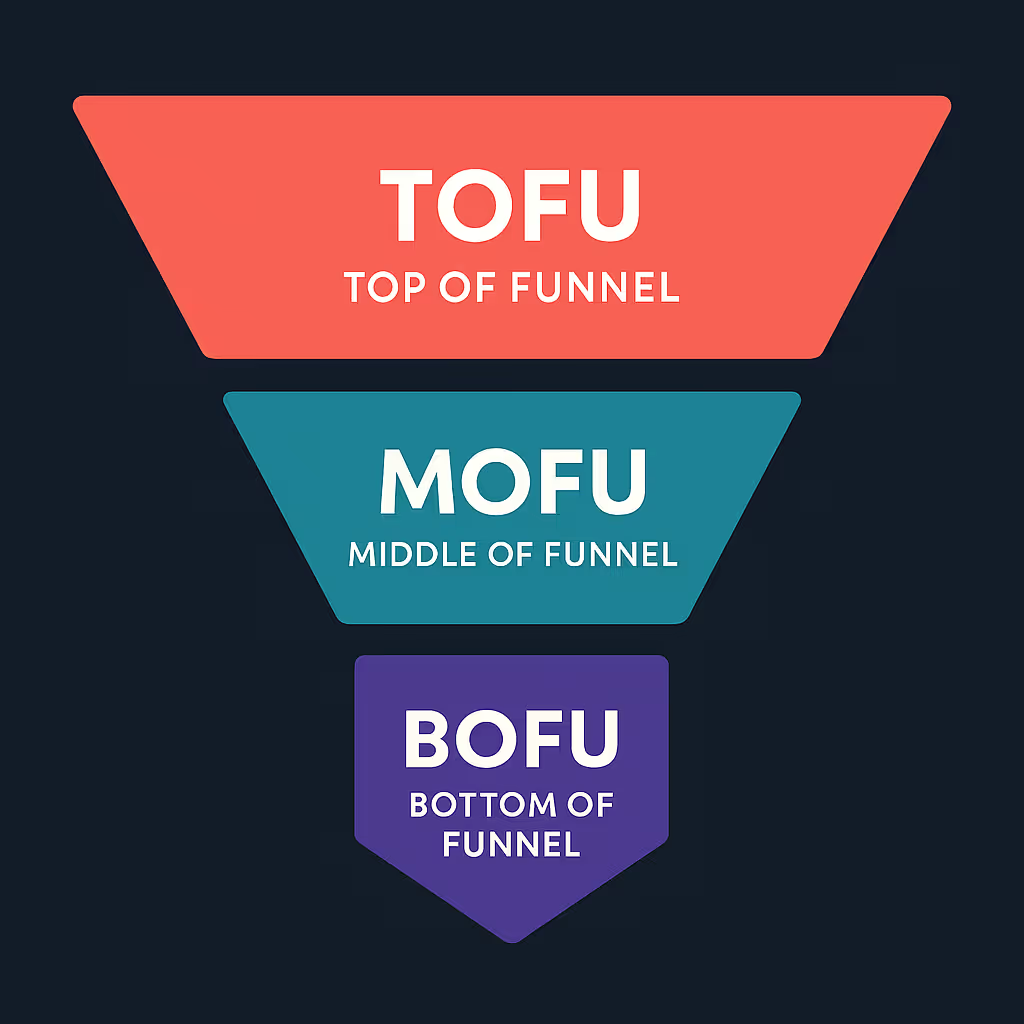
If an agency can explain how a blog supports a deal—or why it ranked in search—they’re likely to help your team make smarter content decisions.
Trustworthy fintech agencies are upfront from the start. They tell you:
Transparency here isn’t just about managing expectations—it signals operational maturity. Agencies that offer diagnostic phases, fixed-scope pilots, or detailed roadmaps are the ones most likely to deliver work that meets your fintech-specific needs.
Client: Bankjoy (digital banking platform for credit unions)
Agency: Beyond the Arc
The Challenge:
Bankjoy sought to move prospects faster through the funnel and close sales more efficiently — beyond surface-level brand awareness.
What the Agency Did:
Impact:
Client: Tilled (PayFac-as-a-Service payments platform)
Agency: Mint Studios
The Challenge:
Tilled needed to build organic lead flow and reduce dependency on outbound sales.
What the Agency Did:
Impact:
These examples illustrate two core strengths of fintech content agencies:
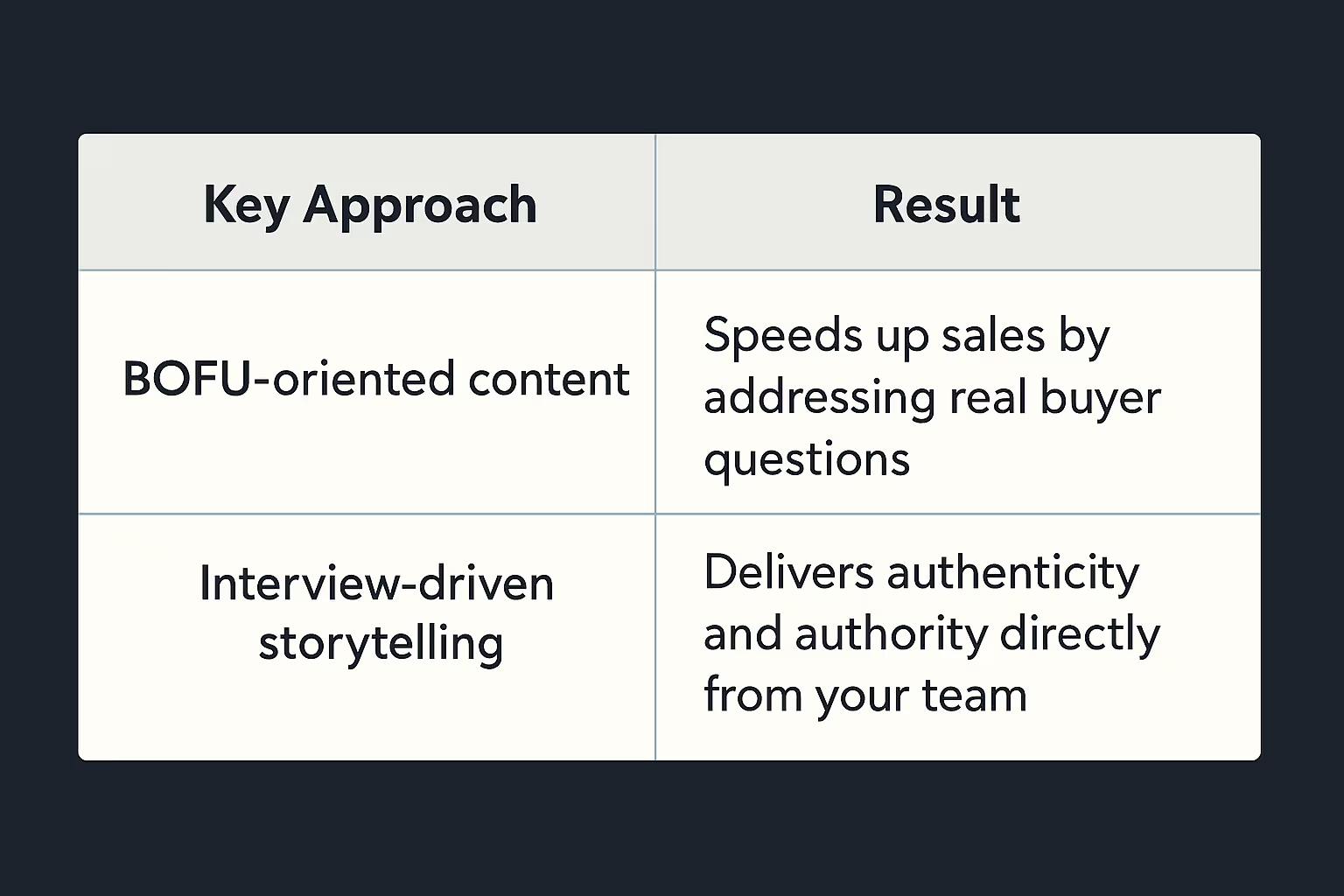
Both demonstrate how specialized content—whether expert-led or product-specific—directly influences lead generation and revenue outcomes.
Before committing to a fintech content agency, it’s essential to assess how well they understand your space and whether their processes align with your goals. Here are key questions that help surface fit and capability:
A high-quality agency will welcome these questions and have clear, confident answers. If they dodge, generalize, or overpromise—walk away.
Many fintech agencies now offer diagnostic phases or pilot projects before locking into long-term retainers. These trial periods are ideal for testing compatibility, communication, and strategic thinking—without the full cost or commitment.
For example:
Starter engagements should include:
This reduces risk and provides a strong foundation for scaling later.
Content portfolios reveal more than writing style—they show how well an agency understands voice, audience, and funnel stage. When reviewing samples, ask yourself:
Beyond samples, team chemistry matters. You’ll be working closely with strategists, writers, and editors—so it’s worth evaluating soft signals:
An agency that “feels like an extension of your team” will almost always outperform one that only delivers content on schedule.
In fintech, content isn't just about visibility—it's about trust, education, and conversion. From explaining complex products to easing compliance concerns and guiding users down the funnel, every word on your website carries weight. That’s why hiring a fintech content marketing agency isn't a luxury—it's a strategic necessity.
The right partner will:
If you're looking for a team that understands financial products, SEO, design, and the full conversion journey—Ballistic Design Studio brings all of that together. With expertise in fintech UX, high-conversion copywriting, and regulatory-safe design, we help fintech brands create content that earns trust and drives action.
Fintech content needs to be both technically accurate and emotionally reassuring. Unlike most industries, fintech content deals with money, regulation, and user data—making clarity, compliance, and trust non-negotiable.
SEO content often takes 2–4 months to gain traction, while bottom-of-the-funnel (BOFU) content—like comparison pages or explainer articles—can start influencing sales conversations within weeks, especially when aligned with outbound or paid efforts.
You can—but most freelancers won’t have fintech-specific knowledge or the ability to execute a cross-channel content strategy. For regulatory-heavy, product-specific industries like fintech, an agency offers structure, scalability, and strategic oversight.
A fintech content agency can act as a strategic and production partner—filling in knowledge gaps, scaling up capacity, or managing specialized initiatives like BOFU content, SEO growth campaigns, or conversion copy for landing pages.
Ballistic Design Studio specializes in building high-performance fintech websites and content that converts. Whether you're launching a new product, rebranding your digital presence, or looking to turn traffic into revenue, we offer a full stack of content, UX, and SEO solutions tailored to fintech. Reach out to us for a tailored strategy that puts your growth goals front and center.

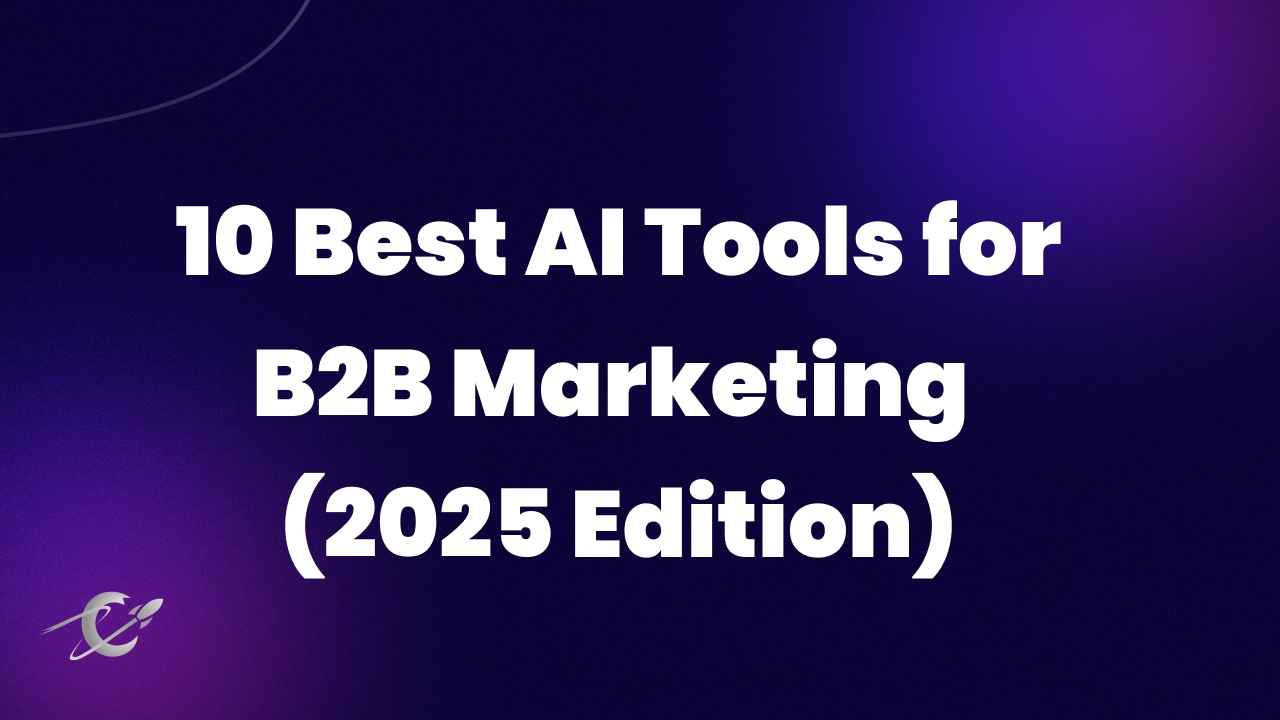
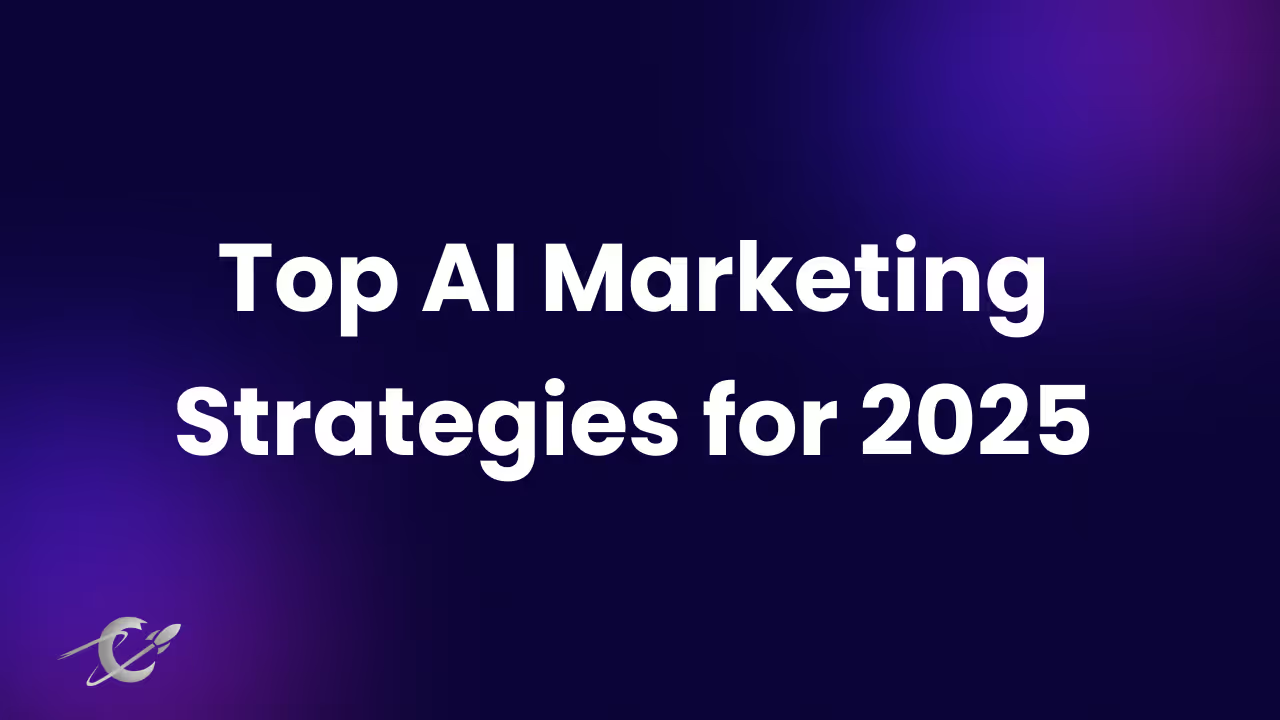
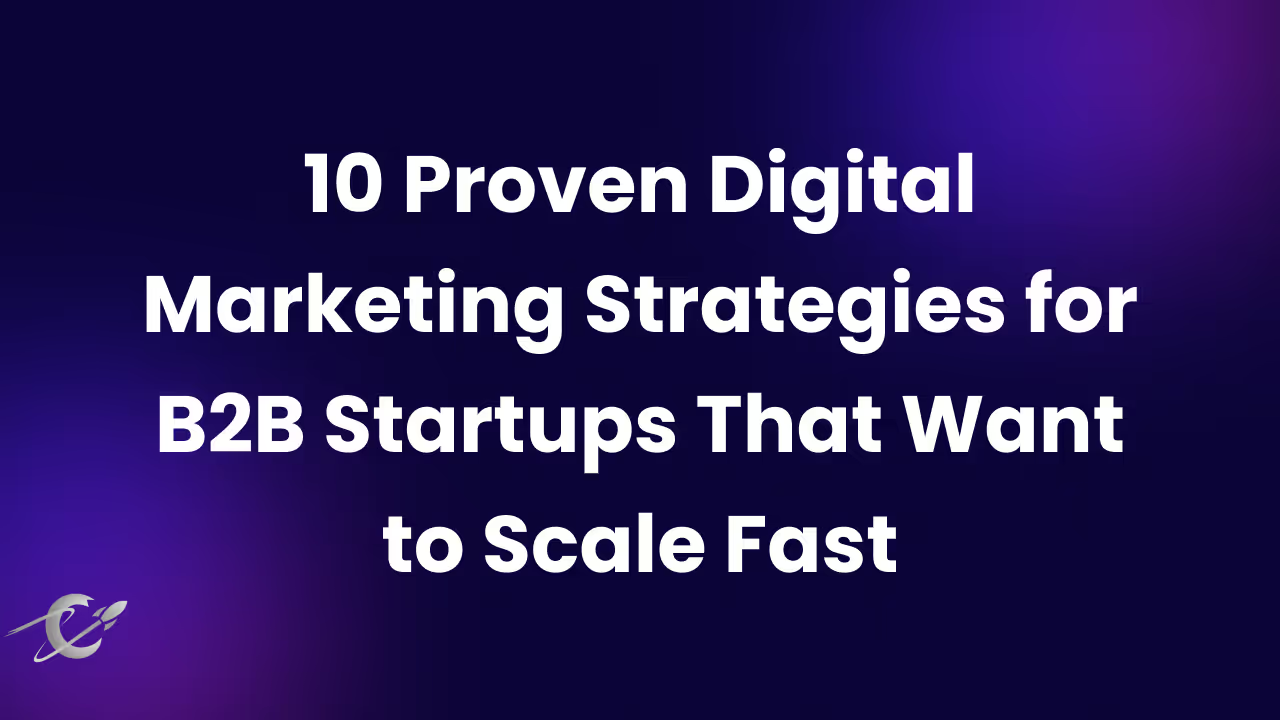
Only valid for-